
Six high-profile scientists from across Asia and the Pacific have been appointed to advise and guide the focus for priority programmes to be developed by the newly established International Science Council Regional Focal Point for Asia and the Pacific.
The appointment of the Advisory Board has been welcomed by the International Science Council and the Australian Academy of Science, which currently hosts the Regional Focal Point for Asia and the Pacific (ISC RFP-AP).
“I am honoured to co-chair the advisory council together with Professor Karina Batthyány, who is a member of the ISC Governing Board and Executive Secretary of the Latin American Council of Social Sciences (CLACSO). And I am delighted to welcome this leadership group to the Advisory Council, all of whom have a passion for improving the capacity for science in the Asia and Pacific region,” Prof. Jagadish said. “We look forward to working with them to facilitate better science collaborations that will improve the potential for science to influence global policy making and decisions that lead to improved outcomes for people and the planet”
Australian Academy of Science President and Co-Chair of the Council for the ISC RFP-AP, Professor Chennupati Jagadish AC
The RFP-AP Advisory Council includes representative from each of the four ISC Asia and Pacific sub-regions. The advisory council members and their priorities are:
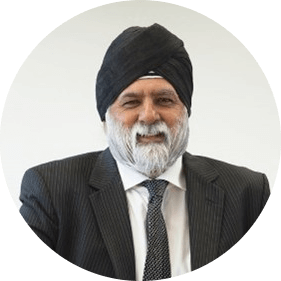
Pal Ahluwalia | Oceania
Professor Pal Ahluwalia is the Vice Chancellor and President of the University of the South Pacific, the Co-Chair of the Pacific Islands Universities Research Network (PIURN) and a Fellow of the Academy of Social Sciences in Australia (FASSA). Professor Ahluwalia is committed to the regional priorities of building a dynamic and empowering research culture that finds solutions, creates new knowledge across a broad array of disciplines, and helps to bring positive change leading to innovative, cohesive, resilient and sustainable communities in the Pacific region.
Twitter/X: @pal_vcp and @UniSouthPacific
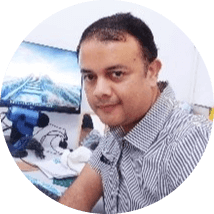
Felix Bast | South Region
Felix Bast is Head of the Department of Botany at the Central University of Punjab and president of the Young Academy of India. A professor of Marine Biology, his priorities for the region are to improve the status of science (education and research) in general and the integration of science in government-level policy-making. He would also like to see young academics integrated into the mainstream policy-making process of the RFP-AP through collective leadership.
Twitter/X: @ExaltFibs and Linkedin
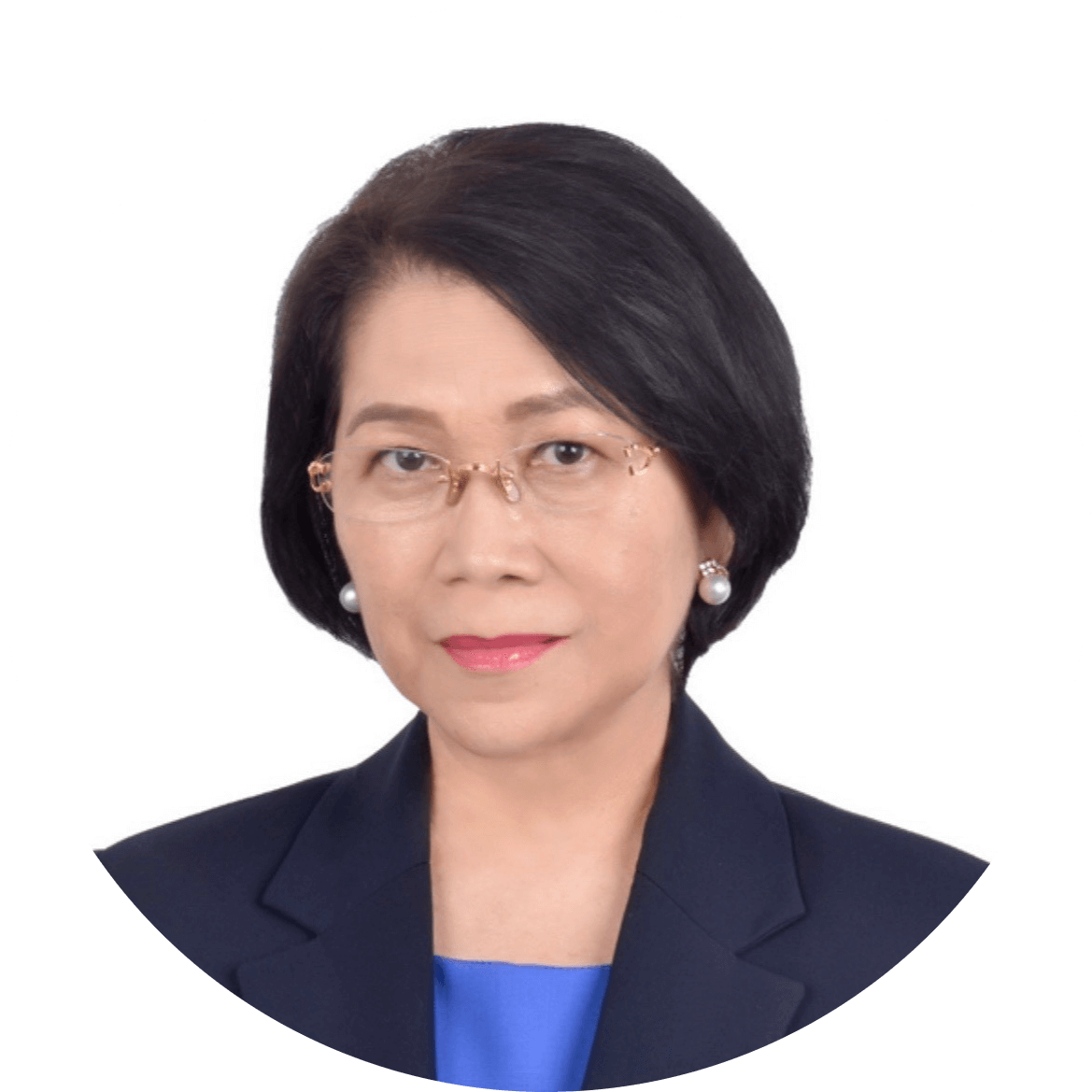
Gisela Concepcion | Southeast Region
Gisela Concepcion is a Member-at-large of the Governing Board if the Nationals Research Council of the Philippines, she holds an academic position at the Philippines National Academy of Sciences and is an executive member of the Philippine National Innovation Council. Dr Concepcion is dedicated to uplifting the lives of Filipino women and children by alleviating poverty, hunger and malnutrition and through education.
Twitter/ X: @nastphl
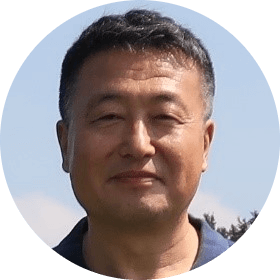
Jia Gensuo | East Region
Jia Gensuo is professor at the Institute of Atmospheric Physics, Chinese Academy of Sciences (CAS) and the Director of the Global Change Research Center for East Asia (START-TEA), with broad research interests in terrestrial ecology and atmospheric sciences, including multi-scale environmental dynamics, ecosystem-climate interactions, climate extremes and natural disasters, and climate change impacts and adaptation. Prof. Gensuo believes the priorities for science are to understand the science solutions for the grand challenges in the region and the globe, making data open and accessible and building capacity in young scientists, developing countries and minorities.
Twitter/X: @GensuoJ and @START_intl
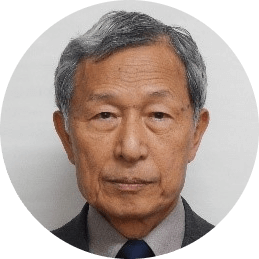
Yukio Himiyama | Strategic Member
Yukio Himiyama is Emeritus Professor of geography at Hokkaido University of Education in Japan and Past President of the International Geographical Union (IGU). Prof. Himiyama has conducted a number of projects on land use/cover change including the SLUAS (Towards Sustainable Land Use in Asia) project sponsored by the Japanese Government. Since 2015 he has been advocating the importance of Future Earth, the Sustainable Development Goals (SDGs) Education for Sustainable Development (ESD), and their cooperation. He believes addressing disaster risk and environmental degradation issues are among the science priorities for Asia and the Pacific.
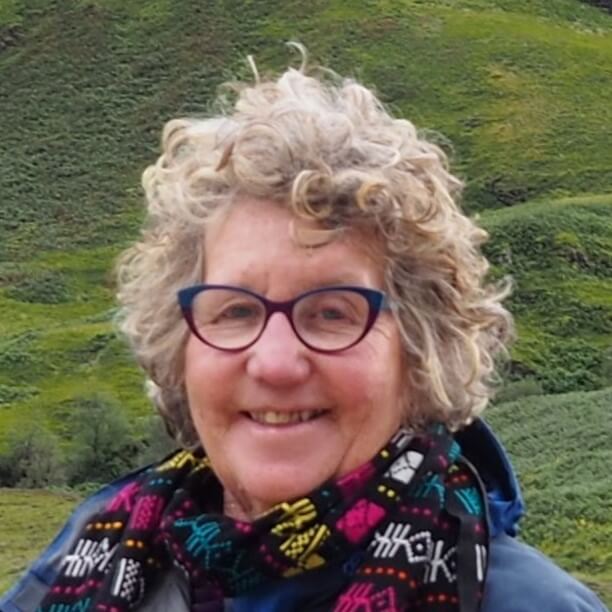
Kathryn Robinson | Strategic Member
Kathryn Robinson is an emeritus professor at the Department of Anthropology, School of Culture History and Language, College of Asian and the Pacific at the Australian National University, and a member of the Academy of Social Sciences in Australia. Prof. Robinson is a consultant on KONEKSI which is the Australian government’s collaboration with the Indonesian government in developing the knowledge sector, and is senior advisor for Gender, Disability Rights and Social Inclusion (GEDSI). She has a long-standing interest in improving the everyday livelihoods in rural, remote and impoverished communities across Asia and the Pacific.
The Advisory Council will convene regular meetings with the ISC membership to provide an opportunity to:
They first engaged with the ISC members at the pivotal Global Knowledge Dialogue held on 6 October that will focus on how to progress the role of science in achieving Sustainable Development Goals in Asia and the Pacific. The Global Knowledge Dialogue is hosted by the ISC, the Australian Academy of Science and the Academy of Sciences Malaysia.
The Advisory Council is co-chaired by Karina Batthyány (member of the ISC Governing Board and Executive Secretary of ISC Member CLACSO) and Chennupati Jagadish (President of the Australian Academy of Science). It is supported by a Secretariat, which is based at the Australian Academy of Science in Canberra Australia and directed by Petra Lundgren.
Media contact: Aleta Johnston | M +61 431 514 677 | E [email protected]
International Science Council
The International Science Council works at the global level to catalyse and convene scientific expertise, advice, and influence on issues of major concern to both science and society. The ISC has a growing global membership that brings together over 220 organizations, including international scientific unions and associations from the natural and social sciences, and national and regional scientific organizations such as academies and research councils. It is the largest international non-governmental science organization of its kind.
The International Science Council Regional Focal Point for Asia and the Pacific
The International Science Council Regional Focal Point for Asia and the Pacific (ISC RFP-AP) is based at the Australian Academy of Science. It began its operations in 2023 and is working to ensure that regional Australian Academy of Science. It began its operations in 2023 and is working to ensure that regional Australian Academy of Science. It began its operations in 2023 and is working to ensure that region benefits from the results of that work.